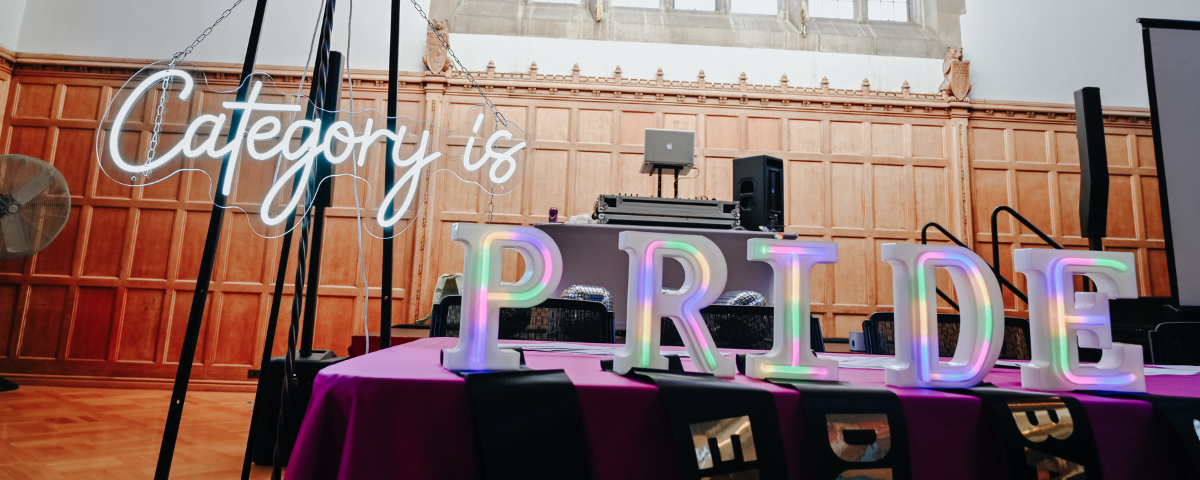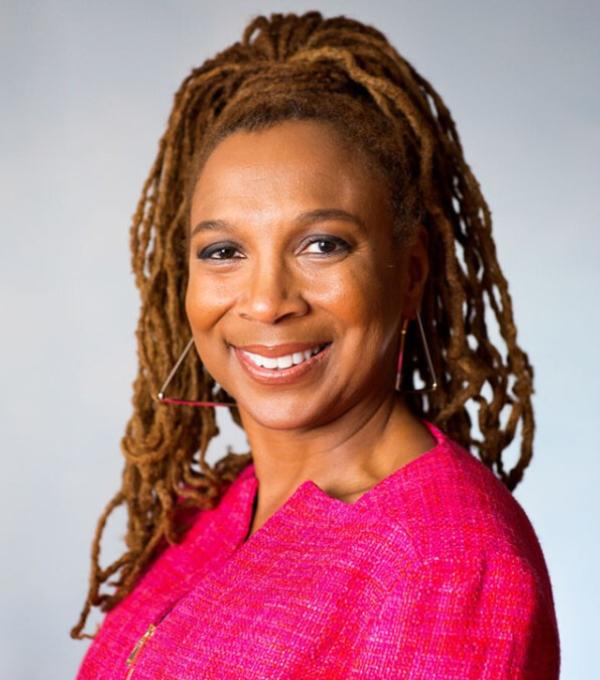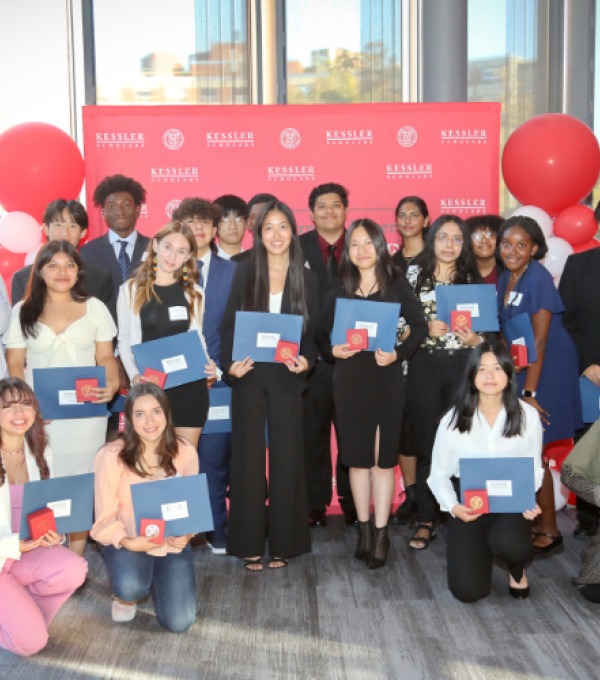LGBT Resource Center
For the past 30 years, the LGBT Resource Center has been a resource and community center for LGBTQ+ student life at Cornell. We provide a physical space for students to study and relax, professional and student staff to assist students, and educational, identity-based, and signature programs which welcome all LGBTQ+ students and allies from all backgrounds.
The LGBT Resource Center is proud to welcome all students to our space, our programs, and the community on campus! All are welcome here. As a unit within the Dean of Students’ Center for Student Equity, Empowerment, and Belonging, the LGBT Resource Center is the hub of LGBTQ+ student life and resources at Cornell.
Stay connected: Follow LGBTRC on Instagram or join our CampusGroups page to be automatically signed up for our biweekly newsletter full of events and resources.
Mission: The LGBT Resource Center coordinates efforts to ensure the inclusion of all LGBTQ+ students and works to eliminate discrimination based on sexual or romantic orientation, gender identity, or expression. The LGBT Resource Center provides advocacy, outreach, education, support, and community to LGBTQ+ students of all identities, backgrounds, and experiences.
Vision: We envision a Cornell community where individuals of all identities experience a sense of community, empowerment, and inclusion, and are able to thrive as their full authentic selves.
What we offer:
- Programs and events that foster community and promote learning.
- On demand workshops and trainings on LGBTQ+ competencies for student organizations and the campus community.
- Physical spaces including our lounge – equipped with comfortable couches, a TV, video games and a lending library - and our multipurpose room with working space, whiteboards, board games, coffee, tea, and snacks!
- Professional staff who are confidential resources available for individual support during business hours or by scheduling an appointment using the links on our Meet the Team page.
- Referrals and connections to Cornell Health and CAPS.
- Trans resources webpage with up-to-date information about transitioning on campus and other services like our Name Change Clinic, held each semester.
We hope to see you in our space and at our events. Feel free to reach out with any questions through the contact information on our Meet the Team page or email lgbtrc@cornell.edu.
Pillars of Service:
- Advocacy: We advocate for policies and programs that will strengthen the campus experience for LGBTQ+ students.
- Education: We provide education on a variety of LGBTQ+ topics to support the identity development of our students and provide opportunities to enhance awareness and ability to support LGBTQ+ students.
- Outreach: We attend events and outreach opportunities across campus to bring visibility to the resources available for LGBTQ+ students on and off campus.
- Community: We aim to create community spaces that provide a sense of belonging and connection to the LGBTQ+ community.
- Support: We offer support services in one-on-one and group settings that address all aspects of LGBTQ+ students’ academic and social experiences.
LGBTQ+ History at Cornell: Click here to learn more



